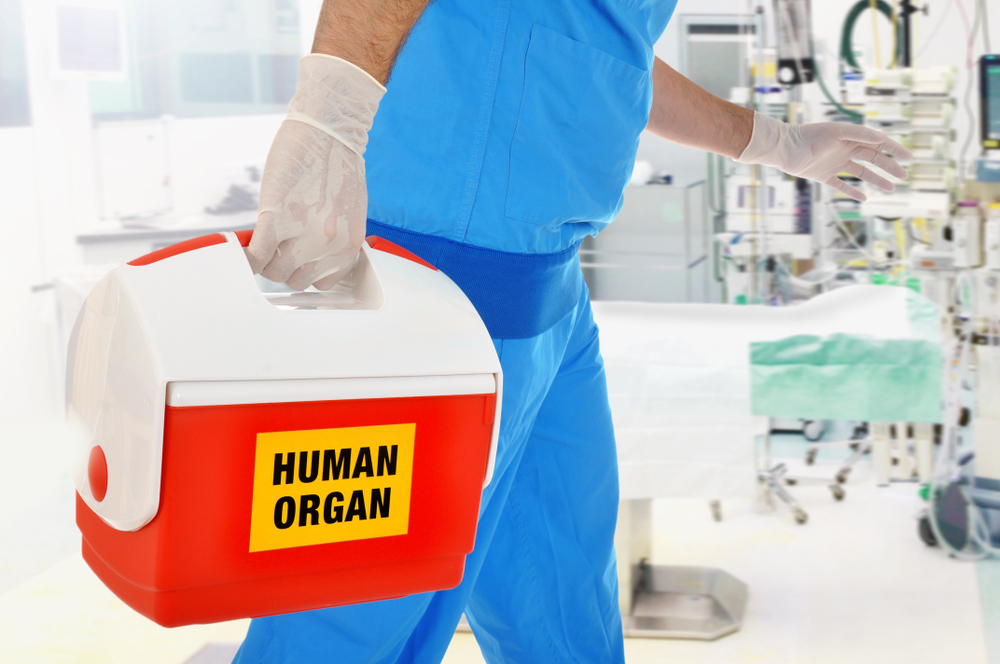A new law has been passed through Parliament that could save nearly 500 people a year who currently die because of a lack of available organ donors.
The new Act allows hospitals to presume that dying patients consent to donating their organs, as long as their name does not appear on a register of those that have opted-out.
This significant change will come into force in April 2020 and has been welcomed by medical bodies, unions and campaigners across the NHS. There are 500,000 deaths a year in the UK, but only 1% of people die in ways in which their organs can be passed on and although 80% of the public agree in principle only 39% give consent in advance.
However, the news will add to pressure on struggling transplant and critical care services, casting doubt over whether the NHS will be able to take full advantage of the higher number of transplant opportunities.
A summit of transplant organisations has confirmed that they see a 20 to 25% increase in the number of transplants over the next five years as a big challenge. Currently the number of transplants is only rising at 1% a year – according to a report by the NHS Blood And Transplant Organ Donation And Transplantation Directorate.
A survey of transplant units found that 12 out of 17 are affected by staffing pressures and a lack of experienced staff.
The British Medical Association welcomed the change and has been lobbying for an opt out system for more than 18 years, but shared concerns about capacity.
Sue Robertson, Deputy Chair of BMA Scotland, told the Evening Times in Glasgow that,
“It is very important we have the infrastructure to deliver this, Intensive care beds, specialist nurses and enough transplant surgeons so the transplants can go ahead as speedily as possible…When you meet transplant surgeons you meet a bunch of tired people.”
The availability of critical care beds is crucial to the care of transplant patients and has already been pinpointed by transplant teams as a problem. Last year a survey of critical care units found that 3/5 of units do not have a full complement of critical care nurses, reducing the number of beds that can be made available.
Roberto Cacciola, NHSBT associate lead for organ retrieval and a transplant surgeon in London, told the Guardian
“The UK has a lower donation rate compared to Spain, France and US. This means we have fewer organs available and fewer transplants”
How will the new law work?
Before the law comes into action there will be a major public awareness campaign. People will be told about the choices they can make and given the chance to register their wishes. As an extra safeguard, family members will be asked if they were aware of any unregistered objection and donations will not proceed if it becomes clear that in an individual would not have consented
in Wales, the ‘opt out’ bill has been in place since 2015.
Life saver
Emily Ridgwell, who died aged six weeks, donated her heart valves, which saved the lives of two young girls, aged one month and seven months old.
Emily’s parents, Amanda and Pete, asked staff at York Hospital and Martin House Children’s Hospice – where Emily sadly died in 2015, about the prospect of donation.
Pete said: “Tissue donation was a beacon of light and as time goes on it gets nicer and nicer to think about. It meant a great deal to us that Emily was able to help a little girl with a similar birth date to Emily.”
Register your details – Yes I donate
Dear Reader,
If you like our content please support our campaigning journalism to protect health care for all.
Our goal is to inform people, hold our politicians to account and help to build change through evidence based ideas.
Everyone should have access to comprehensive healthcare, but our NHS needs support. You can help us to continue to counter bad policy, battle neglect of the NHS and correct dangerous mis-infomation.
Supporters of the NHS are crucial in sustaining our health service and with your help we will be able to engage more people in securing its future.
Please donate to help support our campaigning NHS research and journalism.



Comments are closed.